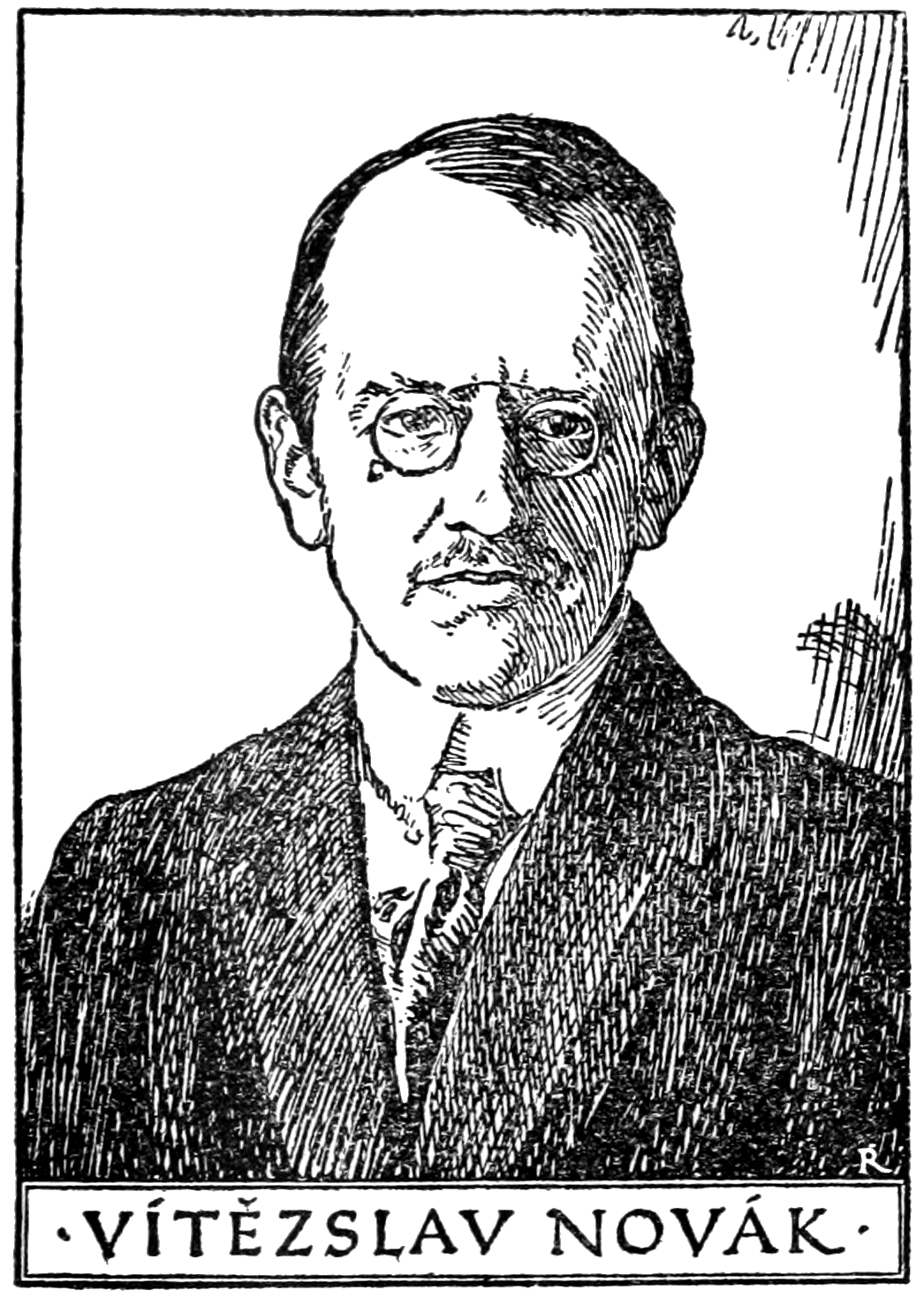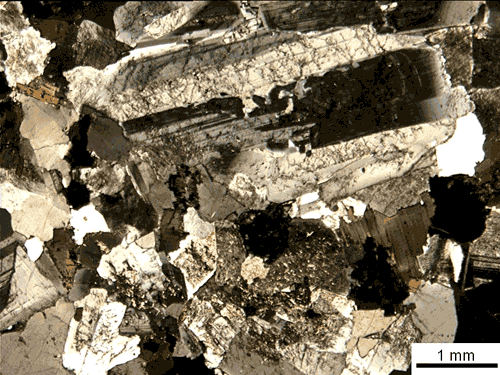|
Skuteč
Skuteč (; german: Skutsch) is a town in Chrudim District in the Pardubice Region of the Czech Republic. It has about 5,000 inhabitants. Administrative parts Villages of Borek, Hněvětice, Lažany, Lešany, Lhota u Skutče, Nová Ves, Radčice, Skutíčko, Štěpánov, Zbožnov, Zhoř and the town part of Žďárec u Skutče are administrative parts of Skuteč. Lešany forms an Enclave and exclave, exclave of the municipal territory. Geography Skuteč is located about southeast of Chrudim and southeast of Pardubice. It lies mostly the undulating and hilly landscape of the Iron Mountains (Czech Republic), Iron Mountains, the northern part of the municipal territory extends into the Svitavy Uplands. A part of the Anenské Valley Nature Reserve around the Anenský Brook is located in the territory. History The first written mention of Skuteč is from 1289. The settlement was located on a side trade route. Skuteč was promoted to a town probably in the first half of the 14th centu ... [...More Info...] [...Related Items...] OR: [Wikipedia] [Google] [Baidu] |
Jan Tesař (historian)
Jan Tesař (born 2 June 1933, Skuteč) is a Czech Republic, Czech historian and writer, and a known dissident in the times of communist Czechoslovakia. Life After having pursued studies in history at the Faculty of Arts, Charles University in Prague, Faculty of Arts of Charles University in Prague, he joined the Military Historical Institute in 1956. Expelled from that institution in 1958 for political reasons, he spent two years without a steady position and worked as an independent researcher before finally obtaining a position at the Museum of Pardubice. In 1961, he joined the Military Historical Institute once again. He became a member of the Communist Party in 1966, but resigned his membership in 1969. He was one of the founders of the Committee for the Defense of the Unjustly Prosecuted (VONS), a signatory of Charter 77, and promoter of the meetings between Czech and Polish dissidents in the Giant Mountains. From 1977, he was the editor of the dissident magazine ''Dialogy''. ... [...More Info...] [...Related Items...] OR: [Wikipedia] [Google] [Baidu] |
Chrudim District
Chrudim District ( cs, okres Chrudim) is a district ('' okres'') within Pardubice Region of the Czech Republic. Its capital is the town of Chrudim. Overview The district has mostly flat terrain with slopes of Iron Mountains appearing on the south. Seč Dam is the largest water surface in the district (2.2 km2), Chrudimka is the longest river in the district (104 km). Industrial centres are Chrudim (mechanical engineering, textile, food industry), Hlinsko (electrotechnical, textile) and Skuteč (textile). Climatic conditions and terrain make the area convenient for agriculture. Tourism is concentrated on Seč Dam and historical architecture. Of note is historical centre of Chrudim, hippology museum in Slatiňany, castles Košumberk, Lichnice, Rychmburk and Oheb, war memorial in Ležáky and Veselý Kopec Skansen. Among notable persons associated with the district are inventor Josef Ressel, composers Zdeněk Fibich and Vítězslav Novák, writers Karel Václav R ... [...More Info...] [...Related Items...] OR: [Wikipedia] [Google] [Baidu] |
Jiří Zástěra
Jiří Zástěra (9 November 1913 – 15 August 1983) was a Association football, football player and manager. He made 198 appearances in the Czechoslovak First League, scoring three goals. He played three matches for Czechoslovakia national football team, Czechoslovakia. As a manager, Zástěra led numerous teams. He led Dukla Prague, ATK Prague to an eighth-place finish in 1948. He later won the 1959–60 Czechoslovak First League with Spartak Hradec Králové. References External links * 1913 births 1983 deaths People from Skuteč People from the Kingdom of Bohemia Czech men's footballers Czechoslovak men's footballers Czechoslovakia men's international footballers Men's association football defenders AC Sparta Prague players Czech football managers Czechoslovak football managers Dukla Prague managers FC Hradec Králové managers Footballers from the Pardubice Region {{CzechRepublic-footy-defender-stub ... [...More Info...] [...Related Items...] OR: [Wikipedia] [Google] [Baidu] |
Jaromír Funke
Jaromír Funke (1 August 1896 – 22 March 1945) was a leading Czech photographer during the 1920s and 1930s. Early life Funke was born to a wealthy family in house No. 238 in Skuteč on 1 August 1896, the son of Antonín Funke, Bohemian-German lawyer (son of Josef Funke, a Kolín draper) and his wife Miloslava, the daughter of Professor František Potůček. He studied medicine, law, and philosophy at the Charles University in Prague and the University of Bratislava but did not graduate and instead turned to photography. Style Funke was recognized for his “photographic games” using mirrors, lights, and insignificant objects, such as plates, bottles, or glasses, to create unique works. In his still life imagery he created abstracts of forms and shadows reminiscent of photograms. His work was regarded as logical, original and expressive in nature. A typical feature of Funke's work would be the “dynamic diagonal." Career Later career During his photography profession, Funke ... [...More Info...] [...Related Items...] OR: [Wikipedia] [Google] [Baidu] |
Václav Tomášek
Václav Jan Křtitel Tomášek (in German: Wenzel Johann Tomaschek; 17 April 1774, Skuteč, Bohemia – 3 April 1850, Prague) was an Austrian-Bohemian, by other accounts a Czech composer and music teacher. He was known as the Musical Pope of Prague. In the words of Kenneth Delong, “Highly opinionated, often sarcastic and projecting a sense of his own importance, Tomášek's memoirs also reveal him to be deeply concerned about all things artistic and intellectual: a man of courage and idealism, unflinching in his pursuit of truth in music and in life.” Life As a pianist, he was an autodidact, becoming one of the most important piano teachers of Prague for a century. Tomášek studied violin and singing with Wolf. Until 1824 he worked as a piano teacher in aristocratic families. Afterwards he created a considerable school of music; among its most well-known pupils were Jan Voříšek, Alexander Dreyschock, Johann Friedrich Kittl and Eduard Hanslick. Tomášek made the acquai ... [...More Info...] [...Related Items...] OR: [Wikipedia] [Google] [Baidu] |
Vítězslav Novák
Vítězslav Augustín Rudolf Novák (5 December 1870 – 18 July 1949) was a Czech composer and academic teacher at the Prague Conservatory. Stylistically, he was part of the neo-romantic tradition, and his music is considered an important example of Czech modernism. He worked towards a strong Czech identity in culture after the country became independent in 1918. His compositions include operas and orchestral works. Biography Early years Novák (baptized Viktor Novák) was born in Kamenice nad Lipou, a small town in Southern Bohemia. In 1872 the family moved to Počátky, where Novák first studied the violin with Antonín Šilhan and the piano with Marie Krejčová. After the death of his father in 1882, the family moved to Jindřichův Hradec, where Novák continued his studies at grammar school . An elementary school in the town is named after Novák today. In his late teens, he moved to Prague to study at the Prague Conservatory, changing his name to Vítězslav to iden ... [...More Info...] [...Related Items...] OR: [Wikipedia] [Google] [Baidu] |
Obec
Obec (plural: ''obce'') is the Czech language, Czech and Slovak language, Slovak word for a municipality (in the Czech Republic, in Slovakia and abroad). The literal meaning of the word is "Intentional community, commune" or "community". It is the smallest administrative unit that is governed by elected representatives. Cities and towns are also municipalities. Definition Legal definition (according to the Czech code of law with similar definition in the Slovak code of law) is: ''"The municipality is a basic territorial self-governing community of citizens; it forms a territorial unit, which is defined by the boundary of the municipality."'' Every municipality is composed of one or more cadastre, cadastral areas. Every municipality is composed of one or more administrative parts, usually called town parts or villages. A municipality can have its own flag and coat of arms. Czech Republic Almost whole area of the republic is divided into municipalities, with the only exception be ... [...More Info...] [...Related Items...] OR: [Wikipedia] [Google] [Baidu] |
Granite
Granite () is a coarse-grained (phaneritic) intrusive igneous rock composed mostly of quartz, alkali feldspar, and plagioclase. It forms from magma with a high content of silica and alkali metal oxides that slowly cools and solidifies underground. It is common in the continental crust of Earth, where it is found in igneous intrusions. These range in size from dikes only a few centimeters across to batholiths exposed over hundreds of square kilometers. Granite is typical of a larger family of ''granitic rocks'', or ''granitoids'', that are composed mostly of coarse-grained quartz and feldspars in varying proportions. These rocks are classified by the relative percentages of quartz, alkali feldspar, and plagioclase (the QAPF classification), with true granite representing granitic rocks rich in quartz and alkali feldspar. Most granitic rocks also contain mica or amphibole minerals, though a few (known as leucogranites) contain almost no dark minerals. Granite is nearly alway ... [...More Info...] [...Related Items...] OR: [Wikipedia] [Google] [Baidu] |
Tomáš Malinský
Tomáš () is a Czech and Slovak given name, equivalent to the name Thomas. It may refer to: * Tomáš Garrigue Masaryk (1850–1937), first President of Czechoslovakia * Tomáš Baťa (1876–1932), Czech footwear entrepreneur * Tomáš Berdych (born 1985), Czech tennis player * Tomáš Cibulec (born 1978), Czech tennis player * Tomáš Dvořák (born 1972), Czech athlete * Tomáš Enge (born 1976), Czech motor racing driver * Tomáš Fleischmann (born 1984), Czech ice hockey player * Tomáš Kaberle (born 1978), Czech ice hockey player * Tomáš Kramný, (born 1973), Czech ice hockey player * Tomas Kalnoky (born 1980), Czech/American singer/guitarist * Tomáš Kratochvíl (born 1971), Czech race walker * Tomas Mezera (born 1958), Czech/Australian racing driver * Tomáš Rosický (born 1980), Czech football player * Tomáš Šmíd (born 1956), Czech tennis player * Tomáš Verner (born 1986), Czech figure skater * Tomáš Vokoun (born 1976), Czech ice hockey player * To ... [...More Info...] [...Related Items...] OR: [Wikipedia] [Google] [Baidu] |
Sovereign Military Order Of Malta
The Sovereign Military Order of Malta (SMOM), officially the Sovereign Military Hospitaller Order of Saint John of Jerusalem, of Rhodes and of Malta ( it, Sovrano Militare Ordine Ospedaliero di San Giovanni di Gerusalemme, di Rodi e di Malta; la, Supremus Militaris Ordo Hospitalarius Sancti Ioannis Hierosolymitani Rhodiensis et Melitensis), commonly known as the Order of Malta or Knights of Malta, is a Catholic lay religious order, traditionally of a military, chivalric, and noble nature. Though it possesses no territory, the order is often considered a sovereign entity of international law, as it maintains diplomatic relations with many countries. The Order claims continuity with the Knights Hospitaller, a chivalric order that was founded about 1099 by the Blessed Gerard in the Kingdom of Jerusalem. The order is led by an elected prince and grand master. Its motto is (''defence of the faith and assistance to the poor''). The Order venerates the Virgin Mary as its patrone ... [...More Info...] [...Related Items...] OR: [Wikipedia] [Google] [Baidu] |
Gymnasium (school)
''Gymnasium'' (and variations of the word) is a term in various European languages for a secondary school that prepares students for higher education at a university. It is comparable to the US English term '' preparatory high school''. Before the 20th century, the gymnasium system was a widespread feature of educational systems throughout many European countries. The word (), from Greek () 'naked' or 'nude', was first used in Ancient Greece, in the sense of a place for both physical and intellectual education of young men. The latter meaning of a place of intellectual education persisted in many European languages (including Albanian, Bulgarian, Estonian, Greek, German, Hungarian, the Scandinavian languages, Dutch, Polish, Czech, Serbo-Croatian, Macedonian, Slovak, Slovenian and Russian), whereas in other languages, like English (''gymnasium'', ''gym'') and Spanish (''gimnasio''), the former meaning of a place for physical education was retained. School structure Be ... [...More Info...] [...Related Items...] OR: [Wikipedia] [Google] [Baidu] |

